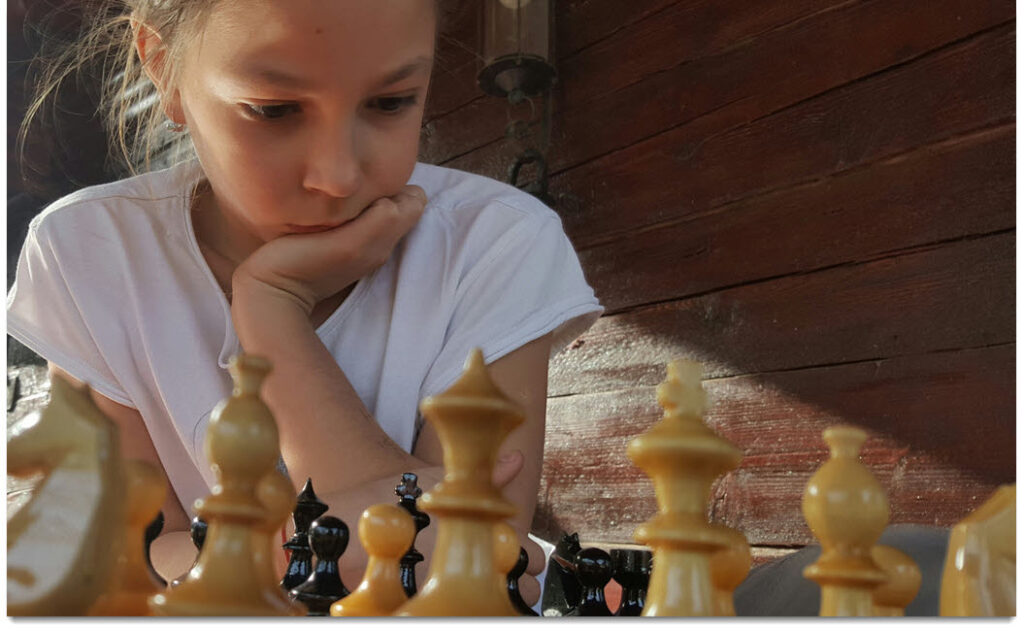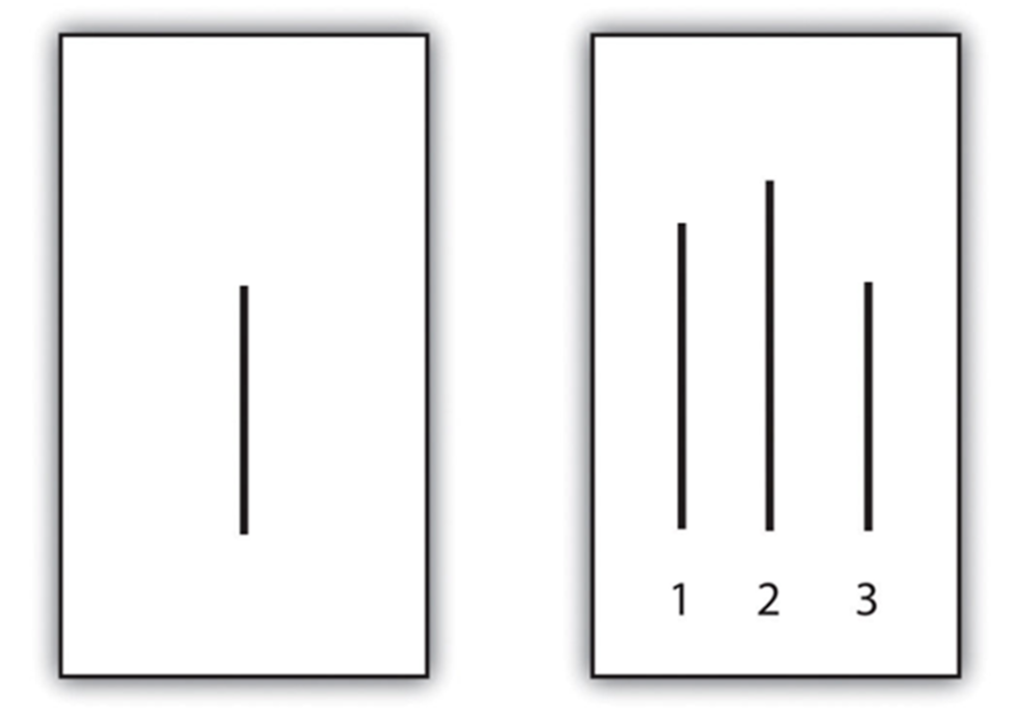Habits Have High Impact

Judit Polgar is considered the strongest female chess player of all time. She was encouraged to play chess at a very early age. She was the youngest of three sisters. There is speculation that may be very accurate that the “habits” and what was considered normal in her household were reinforced.
The role of family and friends in shaping your habits is potent.
Our story starts in 1965 in Hungary. The man’s name that initiates the habit-forming direction of Judit Polgar and her sisters was Laszlo Polgar, their father. He was convinced that everything comes from hard work. He completely rejected the idea of innate talent.
Laszlo believed in this idea so entirely that he evaluated it with his own children. Laszlo decided that chess would be a suitable field for the experiment. He laid out a plan to raise his children to be chess prodigies.
He filled the house with chess books and pictures of famous chess players. He home-schooled his children. The children played against each other and in numerous chess tournaments. Their lives would be dedicated to chess.
What is interesting to note is that the oldest child did very well. The middle child did even better, and the youngest did the best. Habits and reinforcement were the highest for the youngest child. This is explained by the pull of social norms in the group or groups you are involved with.
Humans are herd animals. We have a need and want to fit in. We want to earn respect and approval of our peers. This is part of our survival instinct. We live in ‘tribes,’ which is fundamental to our success as both an individual and a species. If we do not fit in and are cast out, we will not flourish and may not even survive.
The ability to ‘fit in’ is not something we choose but something that we imitate. We learn our social norms by observing, and our observations exert a powerful influence on our behavior.
We imitate the habits of three groups. These are:
- The Close
- The Many
- The Powerful
The Close
These people have an enormous impact on us. We observe how the people around us organize their lives. We see how they resolve conflicts. We see how they achieve results.
If our immediate peer group is messy and disorganized, it is easier for us to be messy and disorganized. If your peer group keeps a tidy house, garage, yard, or car, then the tendency will be greater for you to do the same.
The general rule is that the closer we are to someone, the more likely we will imitate their habits.
Cleaning and Organization
Within the family unit, set standards for keeping the home clean and organized. If the approach to keeping the home tidy is random, your results will be diminished. You must establish a standard and then live up to it.
The Many
In the 1950s, psychologist Solomon Asch conducted a series of experiments to see how a group of like-minded individuals could influence the thinking of an individual who was not part of the group.
The exercise was a simple one. ‘The many’ were actors who were instructed in advance on the answers to questions presented to the group, including the test subject who did not know the nature of the experiment.
All participants were given a card with a single line on it. The objective was for each participant to state which line was the closest in length to the single line when given a choice of three other lines.
All participants originally agreed on the correct match (for example, line C). But the group of ‘The Many’ started selecting line A which was clearly incorrect. ‘The Many’ had a significant impact on individual test subjects. The test subjects would change their minds and go with the opinion of ‘The Many” rather than believing their own eyes.

Cleaning and Organization
‘The Many’ can have a significant impact on the beliefs and actions of an individual. If ‘The Many’ sets a standard that requires help cleaning your home, then this standard will create a ‘norm’ of helping. The converse is also true.
The Powerful
We desire power, prestige, and status. When we obtain these, then life can be easier for us. We have access to more resources, we can attract mates more easily, and we can spend less time simply on survival.
This is a good reason to care so much about the habits of successful people. Once we ‘fit in,’ we start to look for ways to stand above the crowd. One might even state accurately that we mimic those we envy. Also, we are motivated to avoid behaviors that lower our status.
Cleaning and Organization
We do not want to be the slob of the neighborhood. We cut our grass, trim our hedges, and get rid of the trash so that it does not pile up. A pile of garbage next to your garage is not the status symbol of the ‘The Powerful.’
Let’s Sum Up
- The culture that surrounds us determines our behavior. Create a culture where the house must be clean and organized and reward for this performance. Create a culture where a disorganized home is to be avoided.
- We tend to adopt habits that are praised and approved by our culture. If a housemate keeps things clean and organized, then express your approval.
- We tend to imitate the habits of three key social groups:
- The Close (family and friends)
- The Many (our tribe)
- The Powerful (those we know who have power and prestige)
- The normal behavior of the tribe overpowers the behavior of the individual. This can be translated into a statement that we would rather be wrong with the crowd than right by ourselves. Ensure that you have a group that can demonstrate the desired positive behavior. Conversely, the group can discourage negative behavior.
Other Materials
In 1991, Polgár achieved the title of Grandmaster at the age of 15 years and 4 months, at the time, the youngest to have done so, breaking the record previously held by former World Champion Bobby Fischer.
Movies
Tucked away in a small American college in 1990 was a room full of tables, each appointed with chess boards, chess clocks, and some of the most precocious minds in the world. This was the setting for an international youth chess tournament featuring the best young minds in the game.
Follow-up interviews with the original child chess prodigies, nearly 20 years later.
The extraordinary story of three Hungarian-Jewish sisters who were raised in Communist Budapest in the 1970s to be chess masters.

